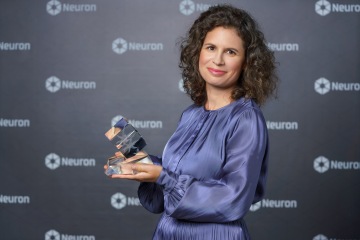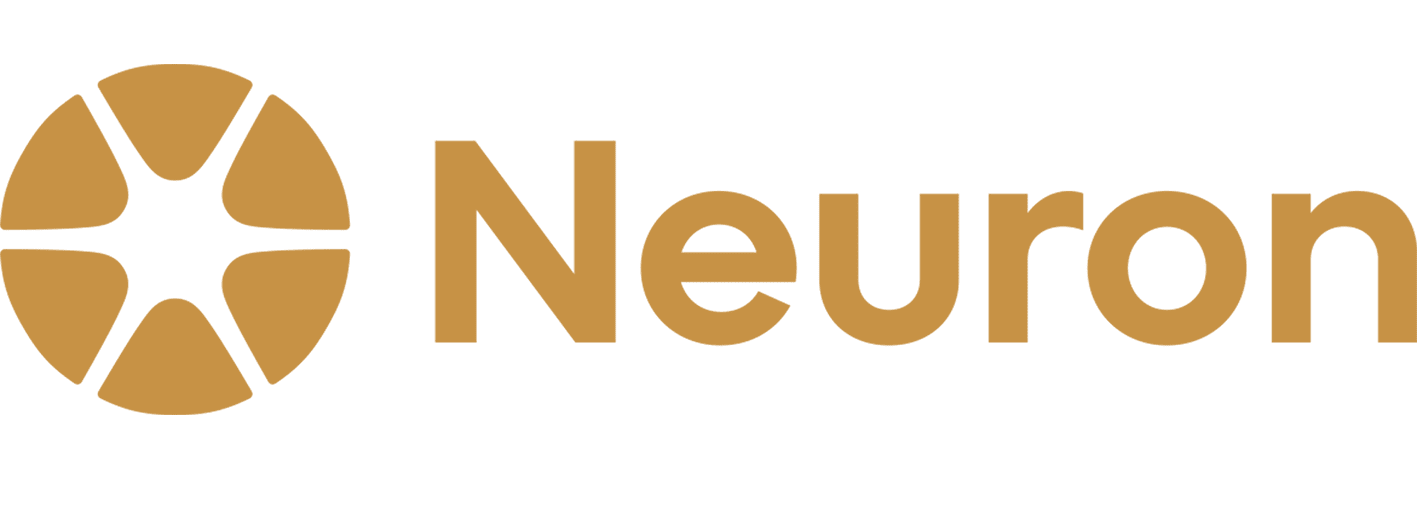Neuron Award 2022 laureate Anežka Kuzmičová won a prestigious ERC Grant

The laureate of the Neuron Award 2022 for promising scientists in the field of social sciences, Anežka Kuzmičová, received a prestigious ERC Grant worth 1.5 million euros. The five-year research project, which also attracted the scientific council of the Neuron Foundation, focused on children's relationship to information and the way they process facts when reading. With a combination of disciplines, different approaches, and methods, her research is unique, both in the Czech and global contexts.

Anežka Kuzmičová believes that when you research and want to find out something that concerns children and will affect their future, you have to ask them directly. Thus, the smallest are not passive, as is common in research, nor are they subjected to objective examination, but have autonomy and a significant decision-making role. And this is precisely what her research project is about, which received support through the prestigious ERC Starting Grant.
"In the scientific community, it is not always easy to convince everyone that this approach is valid. In this respect, the award of the ERC Grant is, therefore, a huge success. I got a huge mandate from the European Research Council and confirmation that this is a good way to work in science. And it will also advance me as a person and scientist, giving me great confidence in how I work," says Anežka Kuzmičová.
Facts are a great source of imagination in children's lives
It is still very early for the conclusion of the five-year research project. The scientist and her team have completed intensive data collection and are preparing for their evaluation, yet the first findings have already appeared. An exciting chapter in reading literacy is imagination, i.e., the ability to imagine things beyond what is current or what one has right in front of them.
"Imagination in public discourse is such that it is usually put in opposition to facts or reality, or to the fact that someone is only interested in things that are real," explains Anežka Kuzmičová, adding: "What can I certainly do what we can say now based on our research is that facts are a great source of imagination in children's lives.''

"The field of social sciences has been neglected for a long time, and many people thought that what Anežka Kuzmičová does is not science. With the Neuron Award, we have shown that it is a very useful work and science - we managed to mediate its activity and significantly attract attention to its field. We are all the more pleased that she receives 1.5 million euros as part of an ERC Grant to deepen his research."
"I am part of a historic moment"
Anežka, what do you think made the decision that you won the prestigious ERC Starting Grant?
I can't see into the head of the evaluation panel, but I have picked up something current that speaks a lot to people. Children in general, or children's rights and autonomy in society, have been coming to the fore more recently. So, I am part of a historical moment. And then there's the general moral panic that reading and readership are declining in the child population. That's something people are dealing with acutely.
And as you see it, are the clouds gathering over children's reading?
The panic is not wholly justified, or we will not understand the situation if we do not expand our concept of what reading is. Reading as it is commonly researched, or the status of the reader as it is frequently defined, tends to be very closely tied to fiction or beautiful literature, and it is completely overlooked that the vast majority of us read something completely different the vast majority of the time.
Have you already thought about the practical use of funds from the grant?
Things fell into place. The grant is enormous, and it would not be easy to get to it usually. For example, it will allow me to invest resources in getting as diverse a sample of research participants as possible. This is rare in social research. For instance, it will help me build a team I never dreamed of.
You are the laureate of the Neuron Award 2022. How has the award helped you in your further work?
I received much media attention for what I do, which still surprises me today. After the Neuron Award, the media and people from practice from various educational institutions started contacting me. Unfortunately, I was so busy with research that I had to turn down most things. But it gave me a massive sense of fulfillment; I have been trying to make my work meaningful for several years, even outside the research community. Neuron helped me verify this.
The current research will take you five years – what would you like to say to yourself after it ends?
I have helped improve the conditions in education for many children or people whose interests are somehow marginalized by how much reading of factual texts is entirely put on the sidelines, even though it should be the main focus of education. I have brought knowledge that makes it possible to improve how children are educated, not only in our country but also elsewhere in the world, and how they are led to read so that they are confident in what they are interested in and what they like to read.
